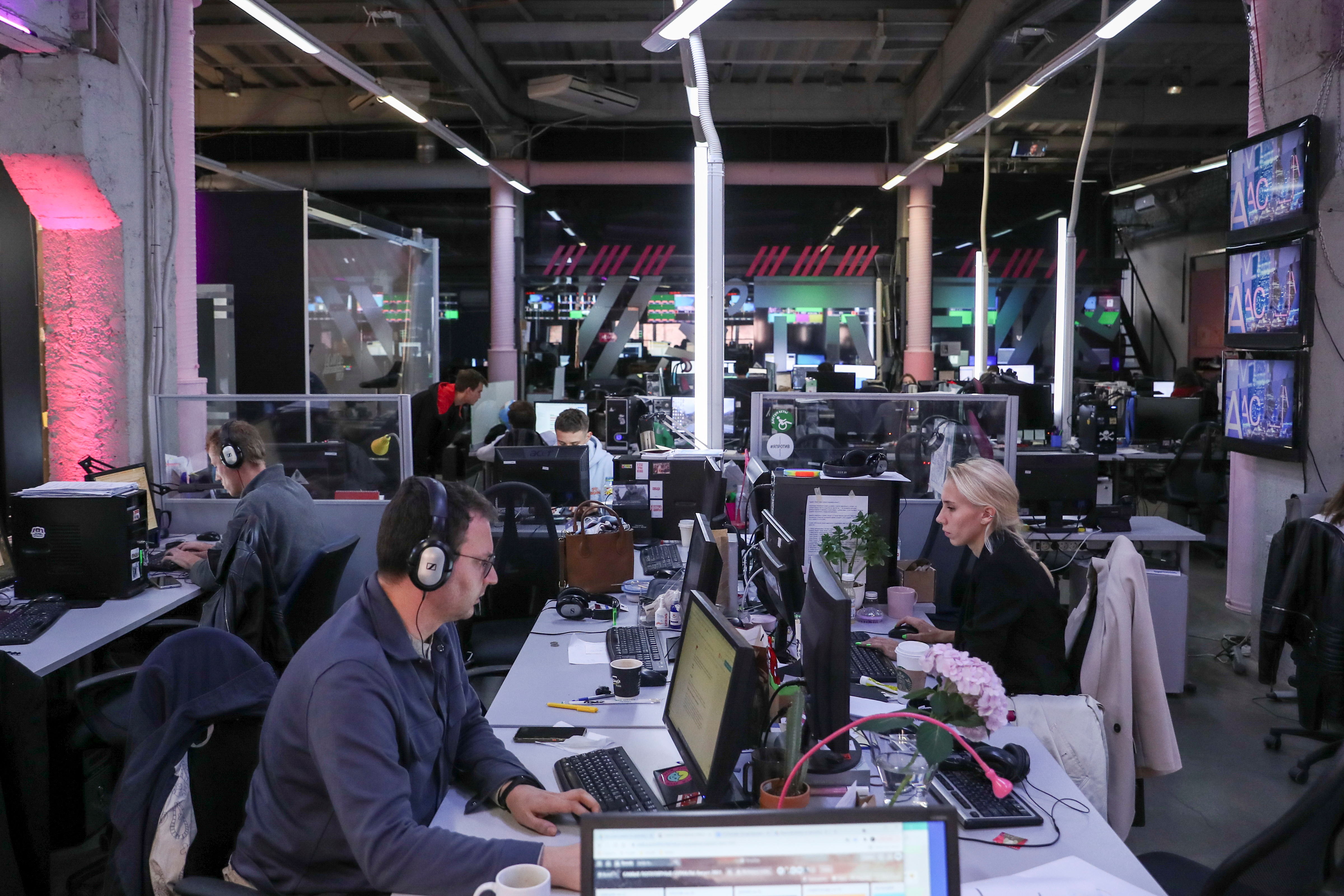Washington, DC, March 1, 2021 — Russian authorities should allow Echo of Moscow, Dozhd TV and all other media outlets to operate freely, and should refrain from restricting access to social media platforms, the Committee for the protection of journalists.
Since last week, Russian authorities have slowed down and restricted access to Facebook and Twitter across the country, according to the country’s media regulator, Roskomnadzor, and statements from those companies.
On Tuesday, March 1, the Russian Prosecutor General’s Office ordered Roskomnadzor to remove independent broadcasters Echo of Moscow and Dozhd TV and block access to their websites, according to reports and reports from both outlets. Outlet websites were inaccessible in Russia shortly after the order was announced, according to the reports.
“Russian authorities’ restriction of social media platforms and independent media is clear censorship and undermines the free flow of information,” CPJ Program Director Carlos Martinez de la Serna said in New York. “Authorities must allow Echo of Moscow, Dozhd TV and all other independent media to report freely, and must stop obstructing access to Facebook and Twitter.”
On February 25, Roskomnadzor issued a statement saying it would slow down access to Facebook across the country after the social media network “restricted” the pages of Russian state-funded media Zvezda TV, RIA Novosti, Lenta.ruand Gazeta.ru.
Nick Clegg, president of global affairs at Meta, the company formerly known as Facebook, posted on Twitter that the social media company had refused requests from Russian authorities to stop publishing independent fact-checks and using labels to tag content posted by state-owned groups.
On February 26, internet monitoring group NetBlocks reported that Facebook was not loading or working “extremely slowly, rendering the platforms unusable.” This report also indicated that access to Twitter had been restricted in Russia, and Twitter said his service was limited to “certain people in Russia.”
Also on February 26, Roskomnadzor sent letters to 10 news agencies warning that media access would be restricted if they did not remove “false information” about the war in Ukraine, according to CPJ reports and documents. These media included Echo of Moscow and Dozhd TV, as well as independent news sites InoSMI, Mediazone, new times, Novaya Gazeta, Free press, The journalistand Linizdatand the US Congress-funded Krym.Realii, according to those reports.
On February 28, authorities blocked the Russian-language websites of Krym.Realii and Current Time TV, a project affiliated with US Congress-funded broadcasters Radio Free Europe/Radio Liberty and Voice of America, according to information from the two. media.
RFE/RL reported that websites were blocked after media outlets refused to remove reports of Russia’s invasion of Ukraine at Roskomnadzor’s request.
Krym.Realii’s Websites in Ukrainian and Crimean Tatar remained accessible in Russia on Wednesday, RFE/RL’s deputy director for external affairs, Martins Zvaners, told CPJ.
In its notice blocking access to Echo of Moscow and Dozhd TV, the Prosecutor General’s Office accused the media of spreading “information calling for extremist activities, violence” and “deliberately false information about the actions of the Russian military personnel,” according to reports.
Both outlets recently covered Russia’s invasion of Ukraine, quoting anti-war figures and calling it an “invasion” instead of the Russian government’s official formulation of it as a “special military operation.”
Previously, Russian authorities slowed access to Twitter in late 2021 after the company failed to remove banned content, according to Reuters; in December, a Russian court fined Google nearly $100 million for failing to remove content, according to the The Washington Post.
CPJ emailed Roskomnadzor for comment but received no response.
[Editors’ note: This article has been updated to include news of the blocking of Krym.Realii and Current Time TV.]

